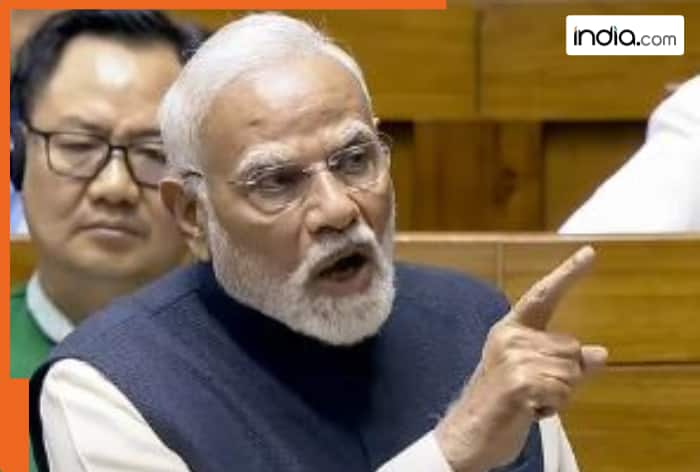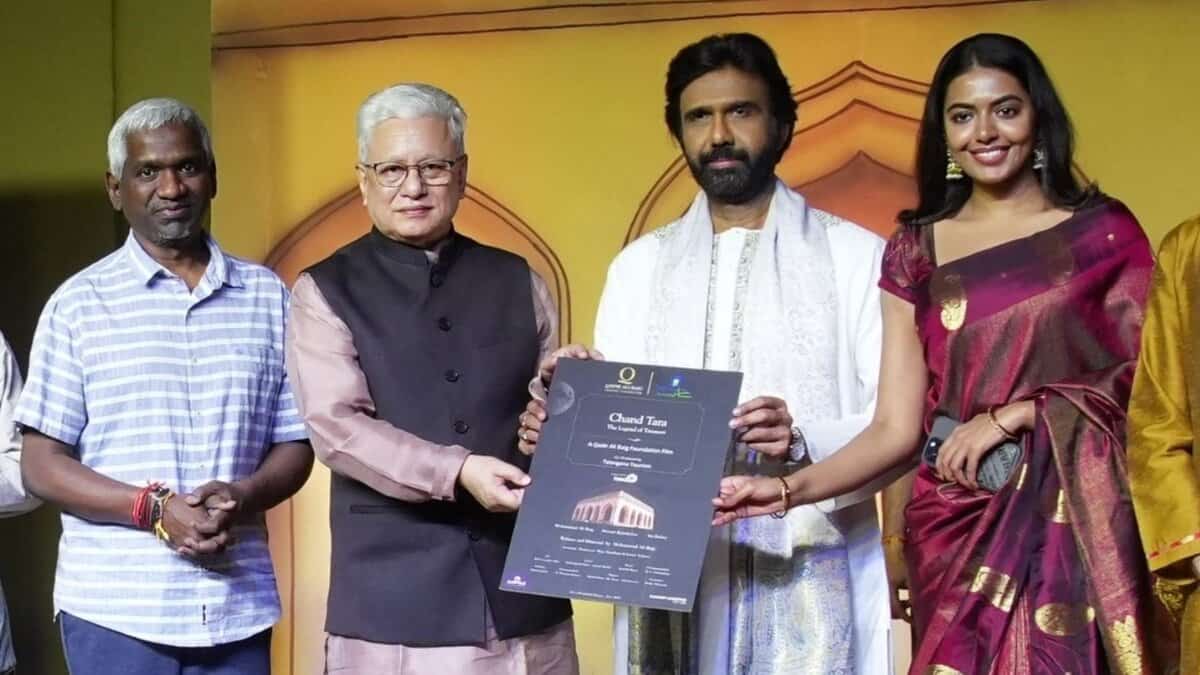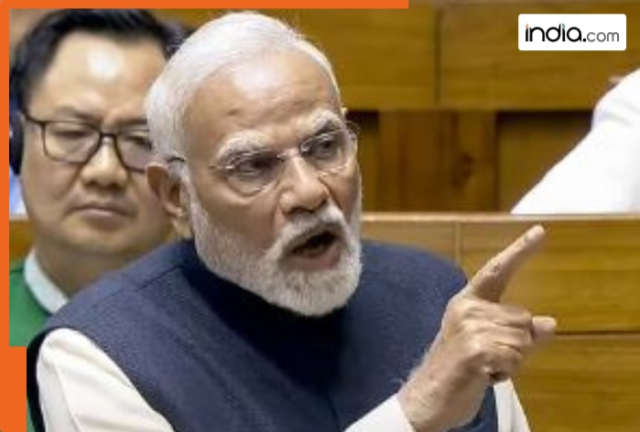India has strongly criticized the new US tariff hike, calling it “unfair and one-sided.” The government has also accused both the US and the European Union of unfairly blaming India as it continues to trade with Russia.

Prime Minister Narendra Modi on Friday said that India will never let farmers, fishermen, or dairy workers be harmed, even if he has to face personal loss. Speaking at a three-day global event to honour famous agriculture scientist M. S. Swaminathan, Modi said, “For me, farmers come first. Their interest is most important. India will never agree to anything that hurts our farmers, fishermen, or dairy sector. Even if I have to pay a price for this, I’m ready.”
His strong statement came just after the United States announced it will raise tariffs on Indian goods, especially on items like agricultural products, up to 50 per cent.
PM Modi’s message made it clear: India will stand firm to protect its farming community, no matter what international pressure comes.
#WATCH | Delhi: Prime Minister Narendra Modi says, “For us, the interest of our farmers is our top priority. India will never compromise on the interests of farmers, fishermen and dairy farmers. I know personally, I will have to pay a heavy price for it, but I am ready for it.… pic.twitter.com/W7ZO2Zy6EE
— ANI (@ANI) August 7, 2025
Trump said on Thursday that his reciprocal tariffs will take effect at midnight of August 6 (August 7 IST), adding that this will bring back “billions of dollars” from countries that have “taken advantage of the US for many years”.
India has strongly criticized the new US tariff hike, calling it “unfair and one-sided.” The Indian government has also accused both the US and the European Union of unfairly blaming India just because it continues to trade with Russia.
According to reports, India has refused to give in to US pressure to open its agriculture and dairy markets. Indian officials have said that doing so would hurt millions of small farmers who depend on farming for their survival.
The US wants easier access to the Indian market for its agricultural goods, including genetically modified (GM) corn and dairy products, but India has been very cautious and unwilling to agree.
This ongoing disagreement is believed to be one of the main reasons a trade deal between the two countries has not been finalized.

















































